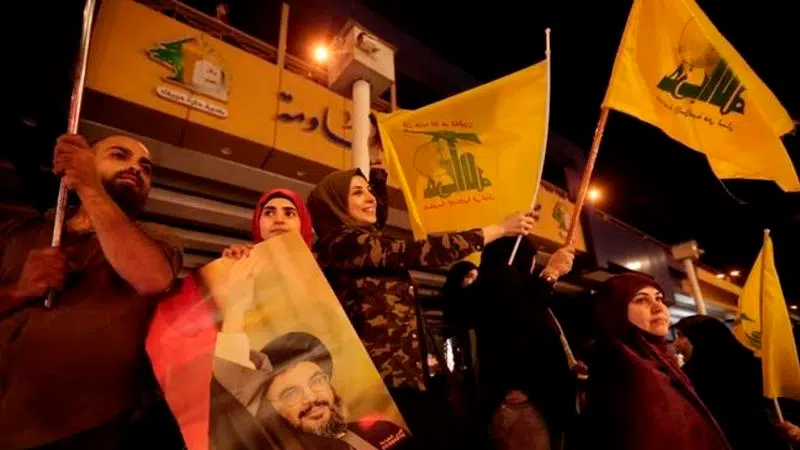
Protests rattle the postwar order in Lebanon and Iraq
BAGHDAD — Tens of thousands of people, many of them young and unemployed men, thronged public squares and blocked main streets Friday in the capitals of Iraq and Lebanon in unprecedented, spontaneous anti-government revolts in two countries scarred by long conflicts.
Demonstrators in Iraq were beaten back by police firing live ammunition and tear gas, and officials said 30 people were killed in a fresh wave of unrest that has left 179 civilians dead this month. In Lebanon, scuffles between rival political groups broke out at a protest camp, threatening to undermine an otherwise united civil disobedience campaign now in its ninth day.
The protests are directed at a postwar political system and a class of elite leaders that have kept both countries from relapsing into civil war but achieved little else. The most common rallying cry from the protesters in Iraq and Lebanon is “Thieves! Thieves!” — a reference to officials they accuse of stealing their money and amassing wealth for decades.
The leaderless uprisings are unprecedented in uniting people against political leaders from their own religious communities. But the revolutionary change they are calling for would dismantle power-sharing governments that have largely contained sectarian animosities and force out leaders who are close to Iran and its heavily armed local allies.


